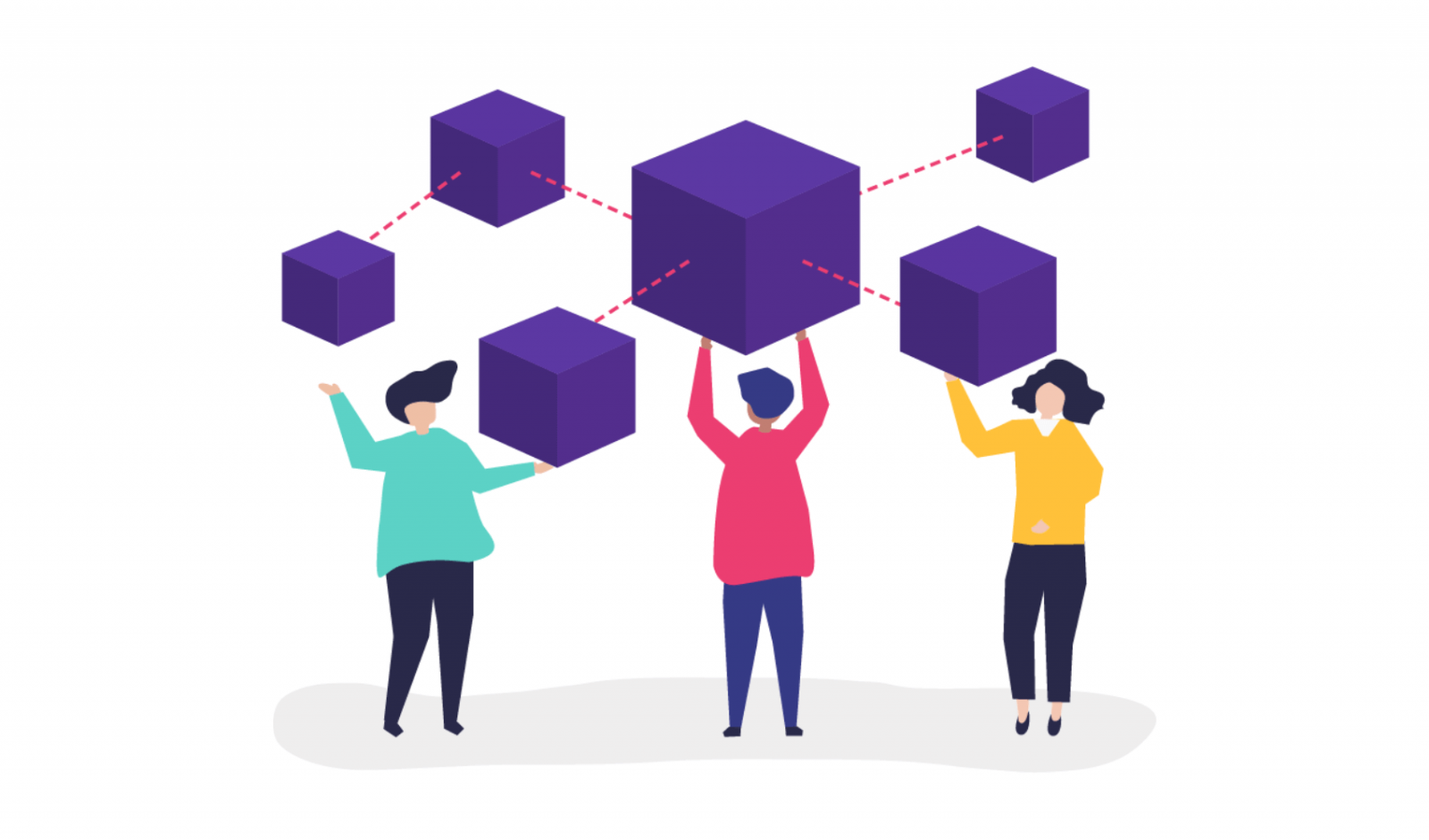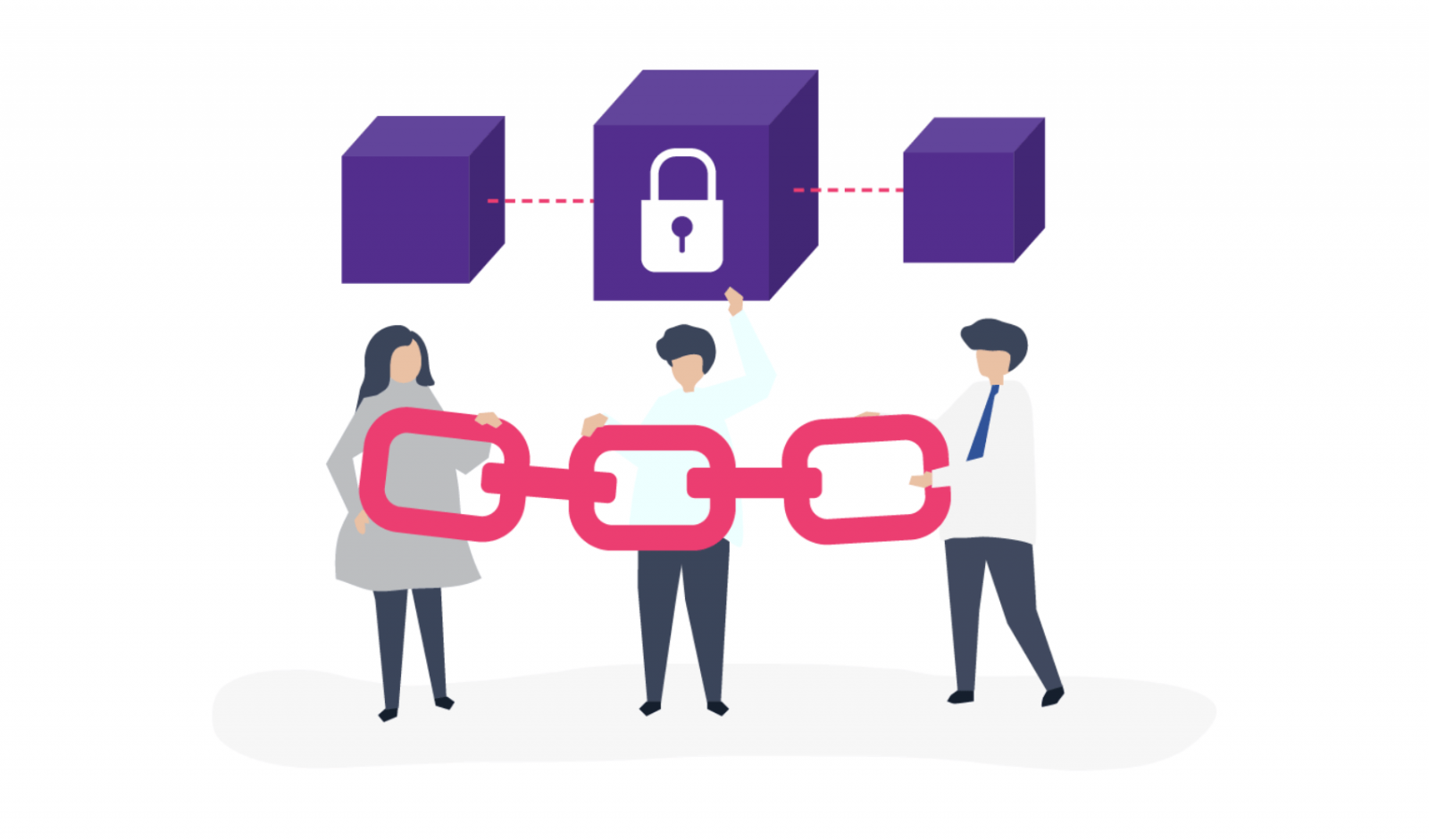Cyberattacks are undoubtedly on the rise, as 15% of annual increases in costs are related to cybercrime in 2022, according to McKinsey. This leads to a high demand level for cybersecurity, especially in the IT industry, as 85% of SME businesses have a tendency to strengthen IT security spending until 2023. (McKinsey Cyber Market Map)
As technology continues to advance, cyber threats are becoming more sophisticated, making cybersecurity an increasingly alarming issue, particularly for businesses. In this article, VNEXT Global will explore why cybersecurity is so vital, especially for technology businesses, the different types of cybersecurity, and how companies can prevent cyber attacks.
Safeguarding Your Business: Understanding The Importance Of Cybersecurity
1. What Is Cybersecurity?
Cybersecurity refers to the protection of computer systems, networks, and sensitive information from unauthorized access, theft, or damage. It includes a wide range of technologies, processes, and practices designed to safeguard digital devices and networks from cyber threats such as malware, ransomware, phishing attacks, and other forms of cybercrime.

2. Why Cybersecurity is So Important?
Some people may underestimate the importance of cybersecurity, as cyber crimes are becoming increasingly sophisticated and hard to notice. However, one small security hole can end up in the personal information leaks of millions of users. Therefore, below are 3 reasons why any business should strengthen its cybersecurity!
A. Protects Sensitive Information
One of the most critical aspects of cybersecurity is the protection of sensitive information. Technology businesses deal with vast amounts of data every day, including customer information, financial records, and intellectual property. Without proper cybersecurity measures in place, this data can be vulnerable to cyber attacks, resulting in significant financial losses and reputational damage.
According to a report by IBM, the average cost of a data breach for a business in the United States is $8.64 million. This staggering cost highlights the importance of implementing robust cybersecurity measures to protect sensitive information.

B. Maintains Business Continuity
Cyber attacks can disrupt a business's operations, resulting in downtime and lost revenue. Cybersecurity measures help businesses maintain their operations by preventing cybercriminals from accessing and damaging critical systems and data.
In 2020, 60% of small businesses reported experiencing a cyber attack, and 31% reported that the attack caused significant disruption to their operations. By implementing cybersecurity measures, businesses can protect themselves from such attacks, minimize downtime, and ensure business continuity.
C. Builds Customer Trust
Customers are becoming increasingly concerned about their privacy and the security of their personal information. Businesses that prioritize cybersecurity and protect their customers' data are more likely to build trust and retain loyal customers.
According to a survey by Gemalto, 70% of consumers would stop doing business with a company that experienced a data breach. By prioritizing cybersecurity, businesses can demonstrate their commitment to protecting their customers' data, increasing their trust and loyalty.
3. 7 Types of Cybersecurity
There are seven primary types of cybersecurity that businesses can implement to protect their systems and data:
.png)
A. Network Security
Network security involves protecting a business's computer network from unauthorized access and malicious attacks. This includes securing routers, firewalls, and other network devices to prevent hackers from accessing the network.
B. Application Security
Application security involves securing software applications and programs from cyber attacks. This includes identifying and fixing vulnerabilities in software applications, implementing access controls, and testing applications for security weaknesses.
C. Endpoint Security
Endpoint security involves securing individual devices, such as laptops and smartphones, that connect to a business's network. This includes installing antivirus software, implementing access controls, and regularly updating software to protect against new threats.
D. Cloud Security
Cloud security involves securing data and applications that are stored in the cloud. This includes implementing access controls, encrypting data, and regularly monitoring cloud-based systems for suspicious activity.
E. Data Security
Data security involves protecting sensitive data from unauthorized access, theft, or loss. This includes encrypting data, implementing access controls, and regularly backing up data to prevent data loss in case of a cyber attack.
F. Identity and Access Management
Identity and access management involve ensuring that only authorized individuals can access a business's systems and data. This includes implementing strong passwords, two-factor authentication, and restricting access to sensitive data.

G. Disaster Recovery and Business Continuity
Disaster recovery and business continuity involve developing and implementing plans to recover from a cyber attack and ensure that business operations can continue. This includes regularly backing up data, testing disaster recovery plans, and implementing measures to minimize downtime in the event of a cyber attack.
4. How Businesses Can Prevent Cyber Attacks?
To prevent cyber attacks, businesses should implement a comprehensive cybersecurity strategy that includes the following:
A. Employee Education
Many cyber attacks occur due to human error, such as clicking on a phishing email or using weak passwords. Businesses should provide regular training and education to employees on how to identify and prevent cyber threats.
B. Regular Software Updates
Software updates often include security patches that address known vulnerabilities. Regularly updating software can prevent cybercriminals from exploiting these vulnerabilities and accessing a business's systems and data.
C. Access Controls
Businesses should implement access controls to ensure that only authorized individuals can access sensitive data and systems. This includes using strong passwords, two-factor authentication, and restricting access to sensitive data based on job roles.
D. Backups
Regularly backing up data can prevent data loss in the event of a cyber attack. Businesses should ensure that backups are stored securely and that they can be restored quickly in case of a cyber attack.
.png)
E. Security Testing
Regularly testing systems and applications for security weaknesses can help businesses identify vulnerabilities before they are exploited by cybercriminals. This includes penetration testing, vulnerability scanning, and other security testing measures.
Final thoughts
To sum up, cybersecurity is vital for businesses, especially technology businesses, to protect sensitive information, maintain business continuity, and build customer trust. By implementing a comprehensive cybersecurity strategy that includes employee education, regular software updates, access controls, backups, and security testing, businesses can prevent cyber attacks and minimize the impact of a potential breach.
As technology continues to advance, cyber threats will become more sophisticated, making cybersecurity an ongoing concern for businesses. It is essential for businesses to prioritize cybersecurity and stay up to date on the latest threats and security measures to protect their systems and data from cyber-attacks.
If you are looking for a trusted IT partner, VNEXT Global is the ideal choice. With 14+ years of experience, we surely can help you to optimize your business digitalization within a small budget and short time. Currently, we have 400+ IT consultants and developers in Mobile App, Web App, System Development, Blockchain Development and Testing Services. We have provided solutions to 600+ projects in several industries for clients worldwide. We are willing to become a companion on your way to success. Please tell us when is convenient for you to have an online meeting to discuss this further. Have a nice day!












